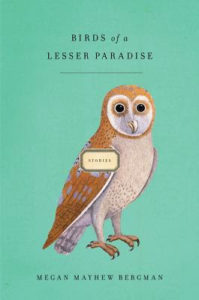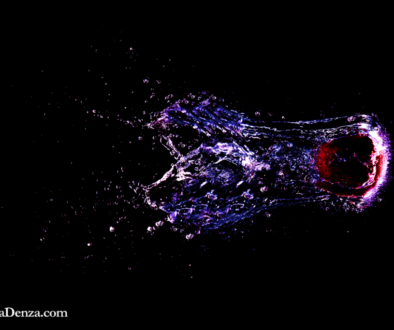 Once in a while, I discover a book that, after reading, inspires me, on a deep level, to be fearless in my own writing.
Once in a while, I discover a book that, after reading, inspires me, on a deep level, to be fearless in my own writing.
I’m not only referring to the writer’s courage to render the ugly and unfortunate aspects of human nature and the world, but also, and maybe even more so, the fearlessness to offer the beautiful, the honorable, the heart-on-a-sleeve kind of writing that feels wholly authentic and much like a message from a dear friend insisting, “These are the things I love about life, and I love you enough, dear reader, to share them with you.”
This is what the dozen stories within this accomplished collection seem to be: love stories. Stories of unabashed, deep, awakened, intelligent, love. Love for animals, love for the Earth, love for children and parents and partners, and ultimately, love for life itself, however messy it gets. The writer of these stories has an enormous capacity for deep feeling and she isn’t afraid to use it.
The characters are not without fault, however, and love doesn’t show up for them without cost or in the expected ways. They have burdens, they’ve made mistakes, but even so, they face the next day with eyes and hearts wide open.
In “Housewifely Arts,” a single mother travels to Myrtle Beach with her young, precocious son, to a roadside zoo. She’s on a mission to hear her deceased mother’s voice one last time, a voice that is held indefinitely, she hopes, in the throat of a surly African Gray, her mother’s beloved pet. In “Saving Face,” a young veterinarian struggles both to forgive herself for the accident that left her disfigured and to allow her fiancé to love her, imperfect as she is. In “Yesterday’s Whales,” the narrator must decide whether to take a morning-after pill which would appease her own adopted worldview and that of her radical boyfriend, a self-proclaimed human exterminist, or listen to her instinct and her heart, both conditioned by generations of mother-love.
Beyond theme and emotional depth, beyond clear, beautiful language, strength of voice is most noticeable. Most of these stories are told using the first person point of view, and though there is intelligence and an uncanny awareness in each female voice, each is distinct, each is memorable. Many of the women wrestle with forgiving past mistakes, reflect on what motherhood means, view caring for animals and people a priority, and feel a deep responsibility for the well-being of the planet.
“Birds of a Lesser Paradise” is a book I’d love to press into the hands of friends and strangers alike, saying, “Please read, and be transformed.”
* Review first appeared in the March 4th edition of The Pilot of Southern Pines
 Once in a while, I discover a book that, after reading, inspires me, on a deep level, to be fearless in my own writing.
Once in a while, I discover a book that, after reading, inspires me, on a deep level, to be fearless in my own writing.

